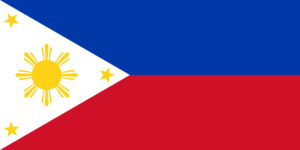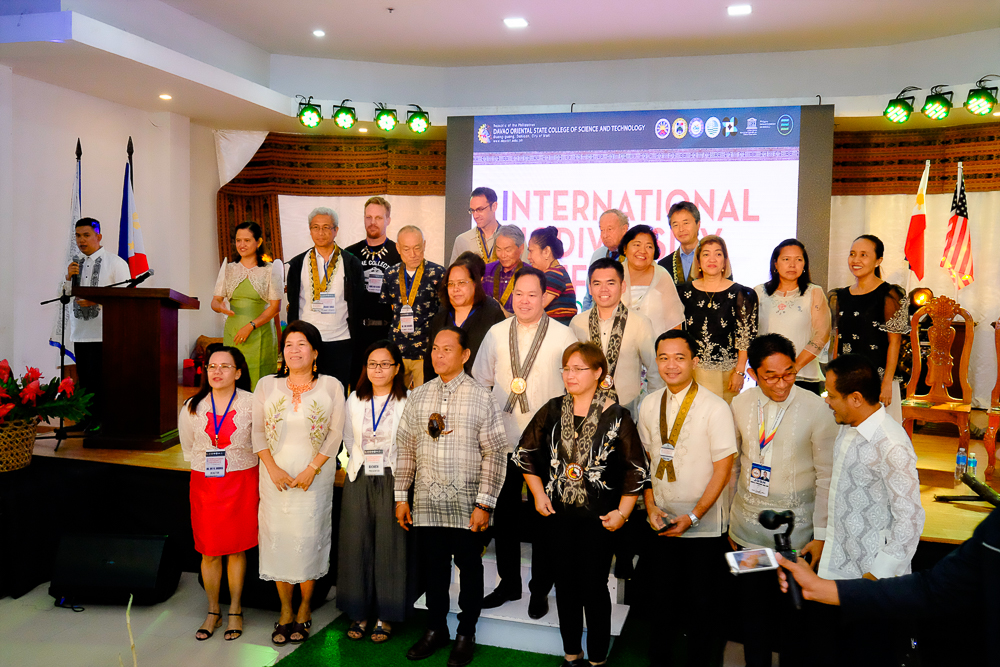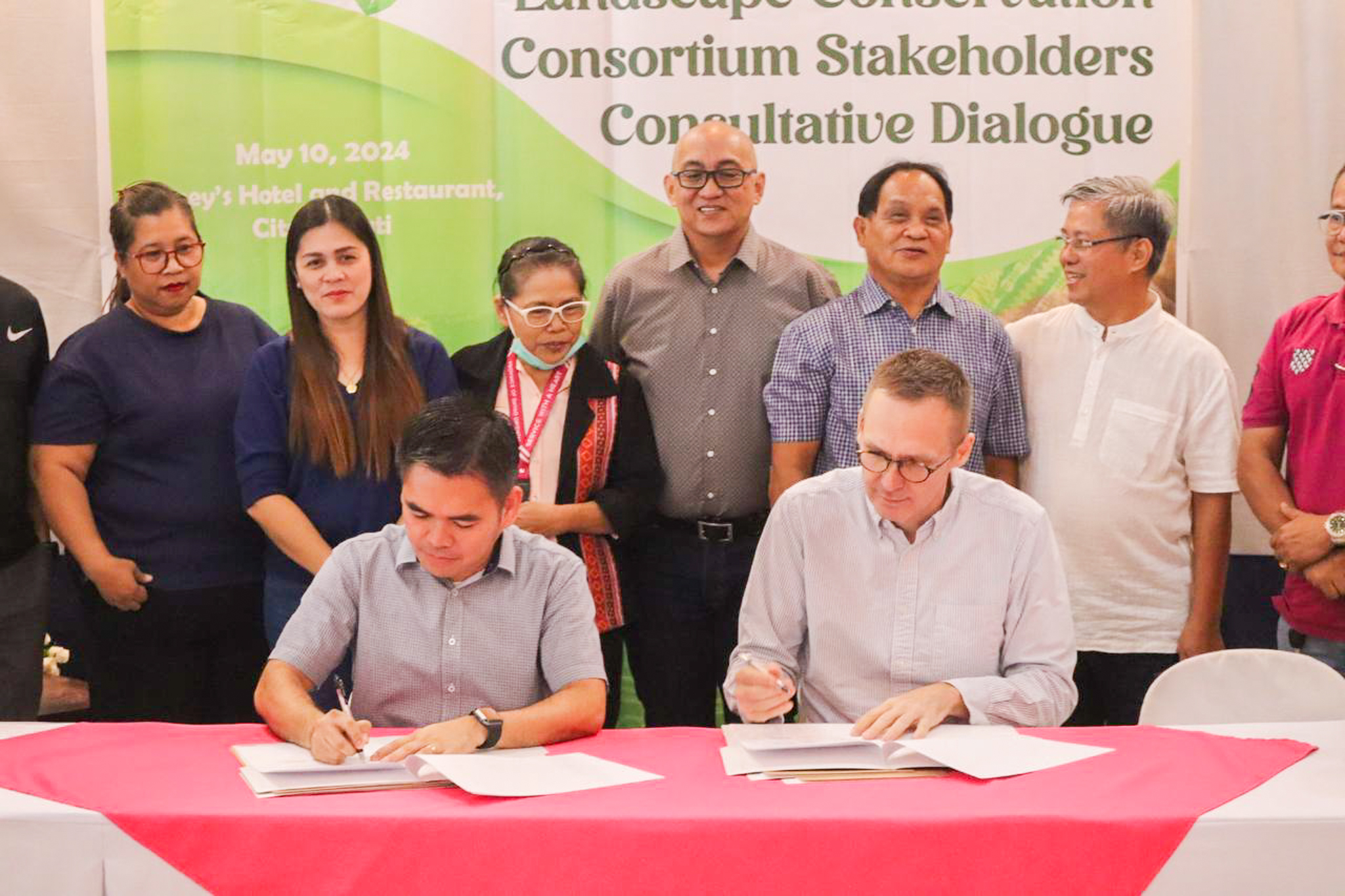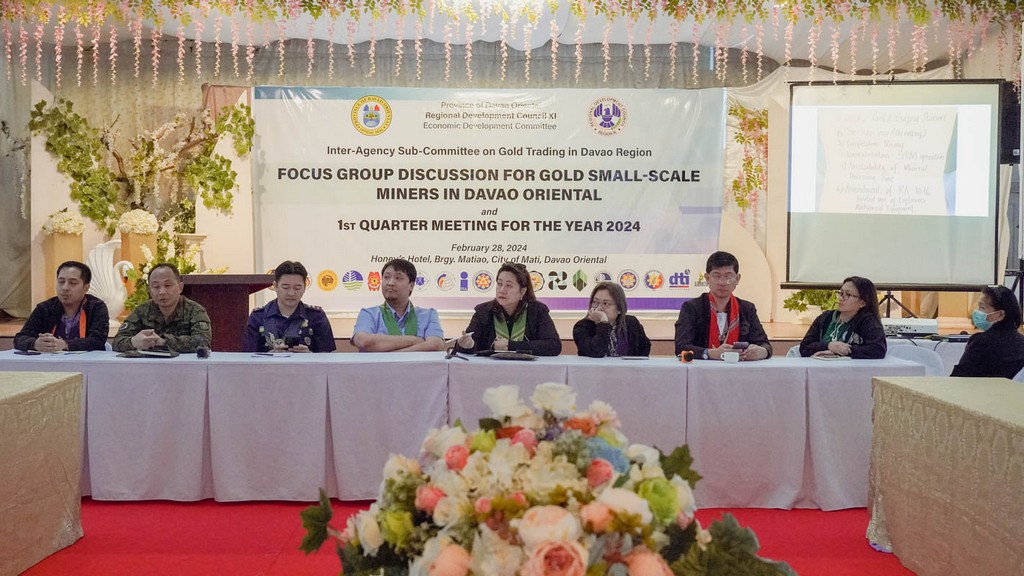City of Mati, Davao Oriental – As the world’s top scholars and environmentalists gathered here for the annual International Biodiversity Conference 2019, the immortal words of the Philippines’ famous environmentalist and philanthropist, the late Gina Lopez, reverberated during the five-day conference which had a theme “Biodiversity for the people: from ridge to reefs.”
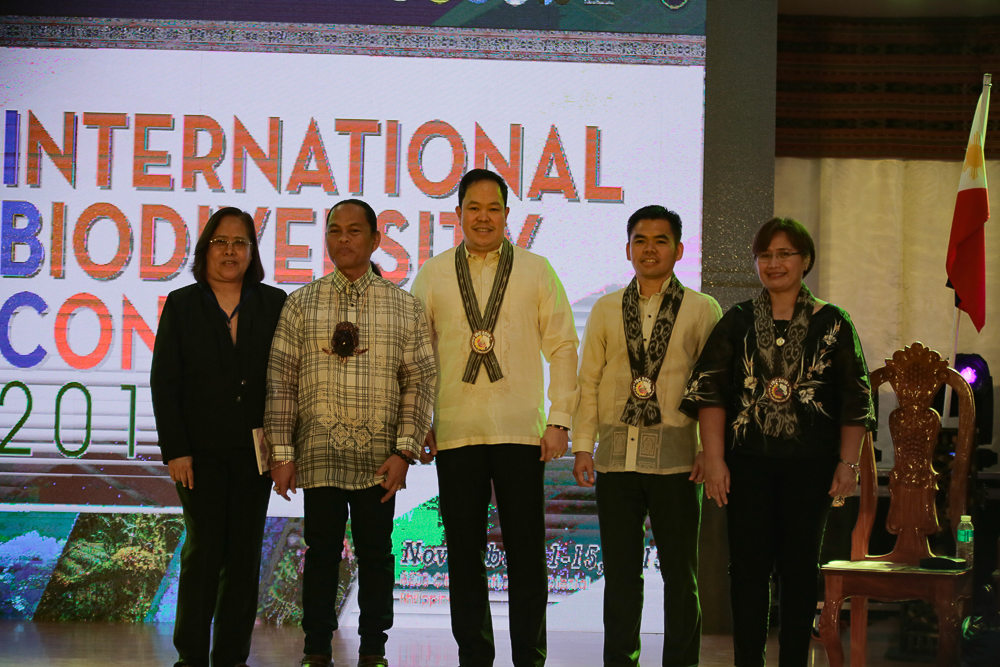
“Who suffers if you kill the environment? It is the poor. And whose duty is it to protect our people? It is the government. And when you make decisions based on business interests, you have shirked your responsibility. You have lost the moral ascendancy to rule the government because, to you, business and money are more important than the welfare of our people. I refuse to allow the paradise that is the Philippines become a hell so that future generations would grow up and say ‘Ganyan talaga, that is all we know.’ I am only here for a split second of eternity. Let the future generations enjoy their constitutional right to a healthy ecology. Our right, the Filipino right to water, to life, to agriculture, is not only constitutional. That is God-given.”
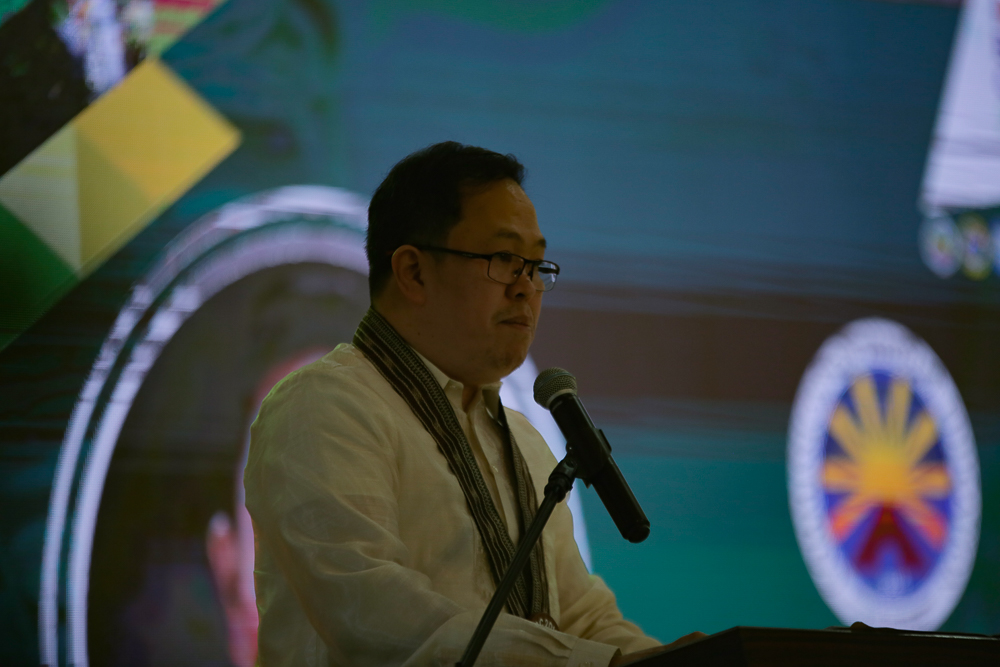
The quote from Gina Lopez was read by Commissioner Aldrin Darilag of the Commission on Higher Education who delivered a keynote address at the annual international biodiversity forum here.
Top scholars and environmentalists from Switzerland, Japan, United States of America and the Philippines attended the forum which started from November 11 to 15 and they presented their scientific research. Organizers said the annual event is a “global platform to discuss global biodiversity efforts and strengthen research to support management of the Mount Hamiguitan Range Wildlife Sanctuary.”
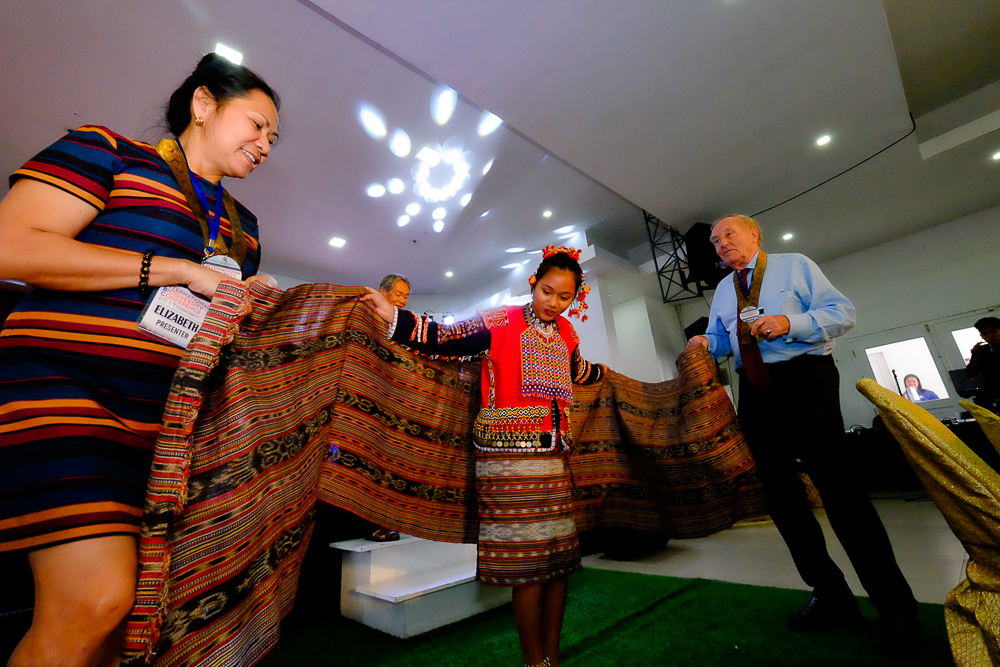
The global conference had gathered researchers, environmental managers, innovators, policy makers and other stakeholders who are taking strategic action in mainstreaming opportunities to capitalize biodiversity from ridge to reef as tool to safeguard sustainable development for the people. The event was held in Davao Oriental’s wind-swept capital, the City of Mati, amid a backdrop of the highly majestic Mount Hamiguitan, a UNESCO World Heritage Site and ASEAN Heritage Park, and the Pujada Bay which is declared just recently as among the World’s Most Beautiful Bays. Organizers said they “facilitated the exchange of information, lessons learned and catalyze action among the presenters and participants to safeguarding biodiversity that will ultimately benefit the quality of life and economic sustainability of the people.”
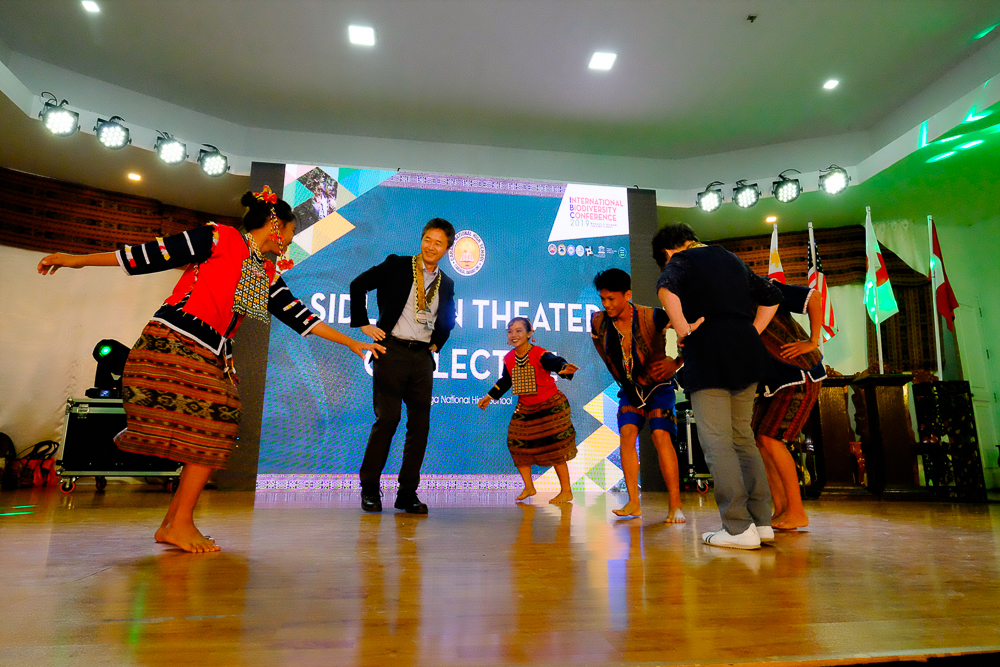
The Philippines is one of the 17 megadiverse countries in the world and a home to two of UNESCO’s biodiversity heritage sites, namely, the Tubbataha Reefs Natural Park in Sulu Sea and Mount Hamiguitan Range Wildlife Sanctuary in Davao Oriental. Yet the country is also one of the biodiversity hottest of hotspots due to the alarming habitat loss, says Dr. Analyn Cabras, who facilitated the special session on the Colors of Davao Region’s Biodiversity.
The Department of Environment and Natural Resources says that thirty years ago, 10.9 million hectares of land area in the Philippines were covered by forest. In 2003, the forest cover in the country dropped to about 7.11 million hectares. Yearly, it is estimated that 100,000 hectares of Philippine forest are destroyed continuously, limiting its production capacity and weakening its environmental and socio-cultural functions. Shifting cultivation, timber extraction, mining and continuing conversion of forest to other land uses are still experienced despite government’s continued efforts to protect, conserve and rehabilitate the forest.
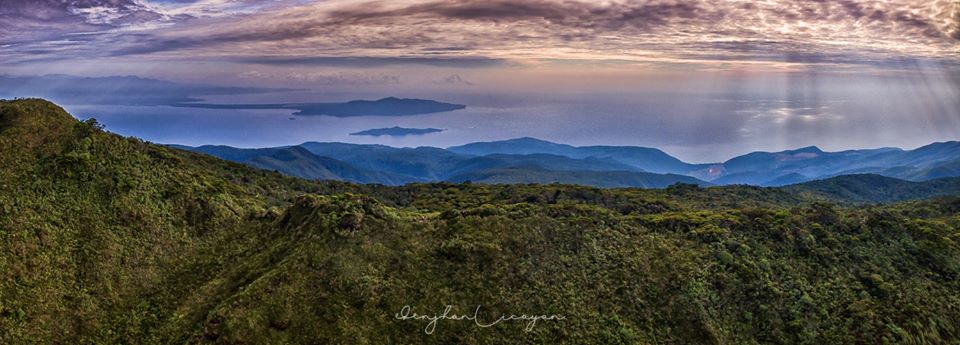
The province of Davao Oriental hosts the Mount Hamiguitan Range Wildlife Sanctuary, a UNESCO World Heritage Site and ASEAN Heritage Park. The mountain range has a protected forest area of approximately 2,000 hectares and its rivers flow down to Davao Gulf in the west and Pujada Bay in the east. The mountain range showcases terrestrial and aquatic habitats at different elevations that provide critical habitats for the globally threatened and endemic flora and fauna species.
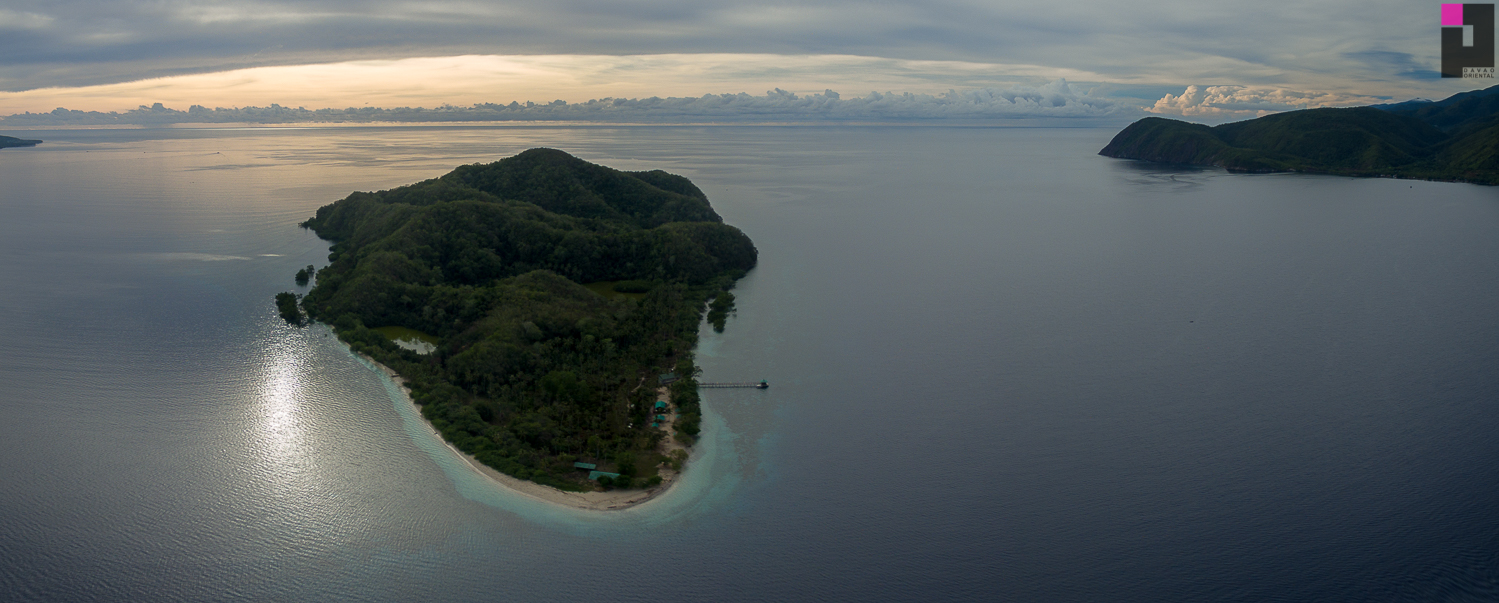
However, early this month the majestic Pujada Bay which is adjacent to Mount Hamiguitan has been declared among the Most Beautiful Bays in the World following the acceptance of the application made by Davao Oriental Governor Nelson Dayanghirang for Pujada Bay’s inclusion to the Club of the Most Beautiful Bays in the World at the club’s headquarters in Japan.
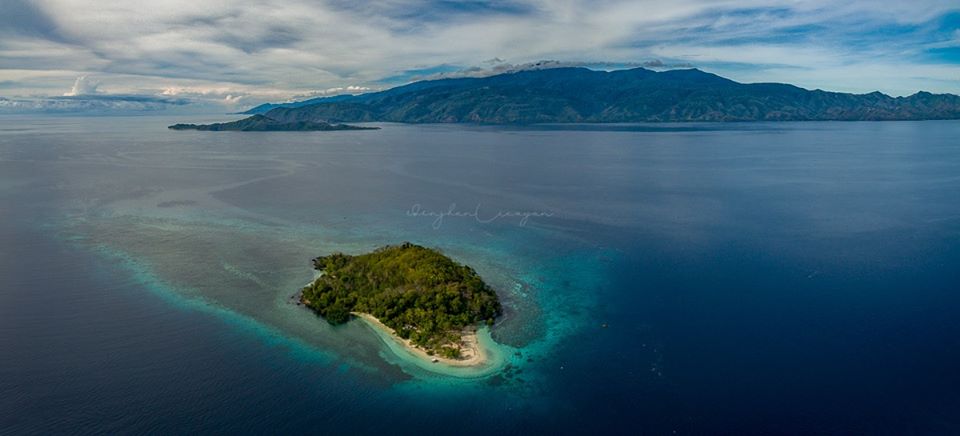
Davao Oriental is one of the “megadiverse” yet “hotspot” focal areas in the country. The province contains a high proportion of unique biodiversity and at the same time, it has become a hotspot because its forest and other natural areas, with their unique plants and animals, are being lost at a fast rate, says Dr. Bernd-Markus Liss, principal advisor of the German Development Cooperation that funded a biodiversity conservation program in the province. The German-funded project here has provided livelihoods and safeguarding of the rights of the Mandaya indigenous peoples in Davao Oriental. The German-funded program also aimed to strengthen the coordination of the national and local government units on forest protection and sustainable forest management by reducing shifting cultivation and timber poaching in support to the National Greening Program.
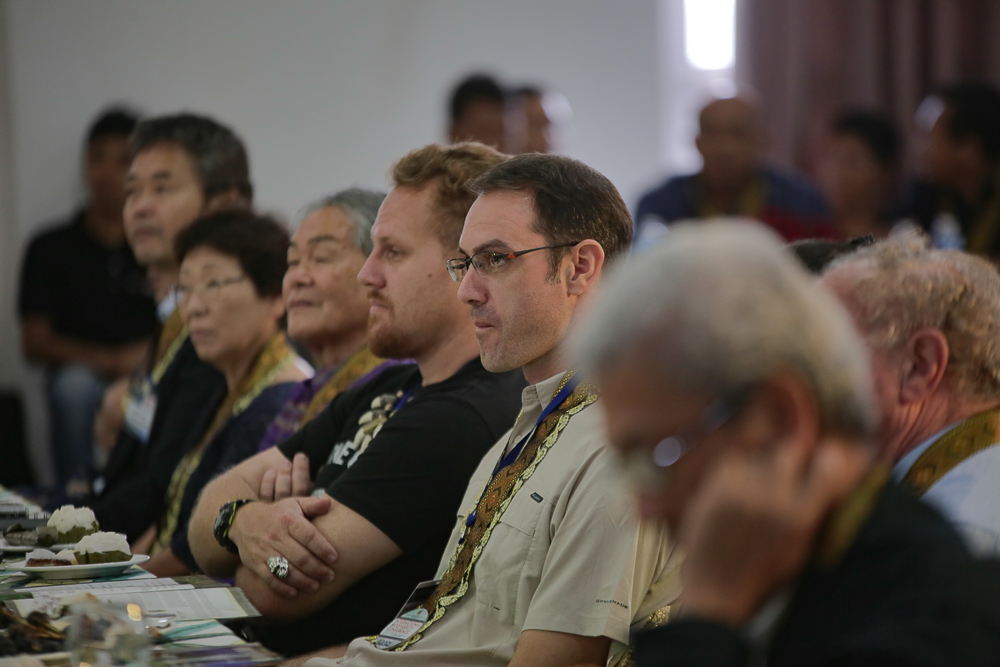
“From a narrow, purely utilitarian concept, it becomes easy to develop an attitude of open tolerance or acceptance towards activities that arise from social and commercial demands for terrestrial and coastal resources as sources of revenue since the need to alleviate poverty and improve the quality of life is paramount, and to be ambivalent about environmental challenges, so that whenever the protection of nature conflicts with economic growth, the economy usually takes precedence. This is one reason why our country today, and the rest of the world, for that matter, face a biodiversity crisis that is sadly caused by man. Human activities stemming from the reckless pursuit of economic development result in the over-exploitation of resources, pollution, and increase in agricultural and livestock farming areas on an industrial scale, among others, which impact the environment adversely and trigger biodiversity loss. Locally speaking, I think that a major factor in our biodiversity loss is the lack of public awareness, understanding and appreciation of biodiversity and its importance, thus, it continues to be a problem that needs to be addressed,” says Davao Oriental Governor Nelson Dayanghirang.
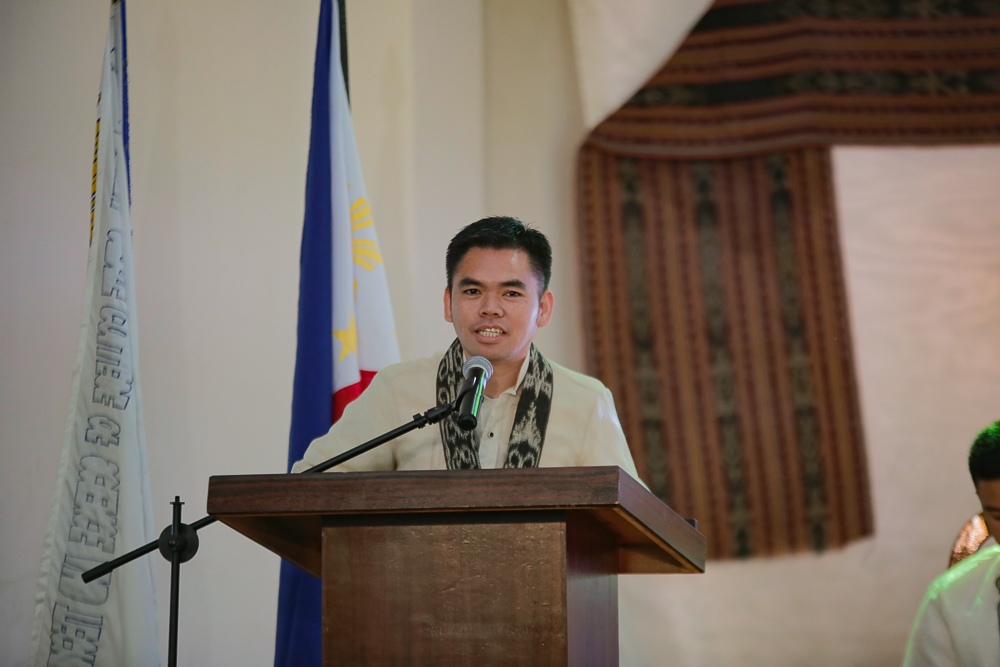
Organizers of the event says the functional ecosystems from ridge to reefs naturally interact and depend on the other adjacent ecosystems in one way or the other. The movement of nutrients through food webs is the delicate connection that links terrestrial, freshwater and marine ecosystems. As the top predator in most of these food webs, humans play a critical role in maintaining the connections and ecological functions of ecosystems.
“I think there is already a common and firm belief in most, if not all of us, that we human beings must strive to live in harmony with nature. There is just no better way. If we pay enough attention to nature, we can see that it demonstrates a pure form of offering. It simply offers without discrimination. Everything is made available for everyone. It is this sense of offering that we wish to imbibe among all of us especially in this occasion. This administration is working for the purpose of offering something significant not only for this generation but also for the coming ones,” says former Davao Oriental Governor, now Second District Rep. Corazon Malanyaon who spearheaded the successful inscription of Mount Hamiguitan to the UNESCO World Heritage List in June 23, 2014.
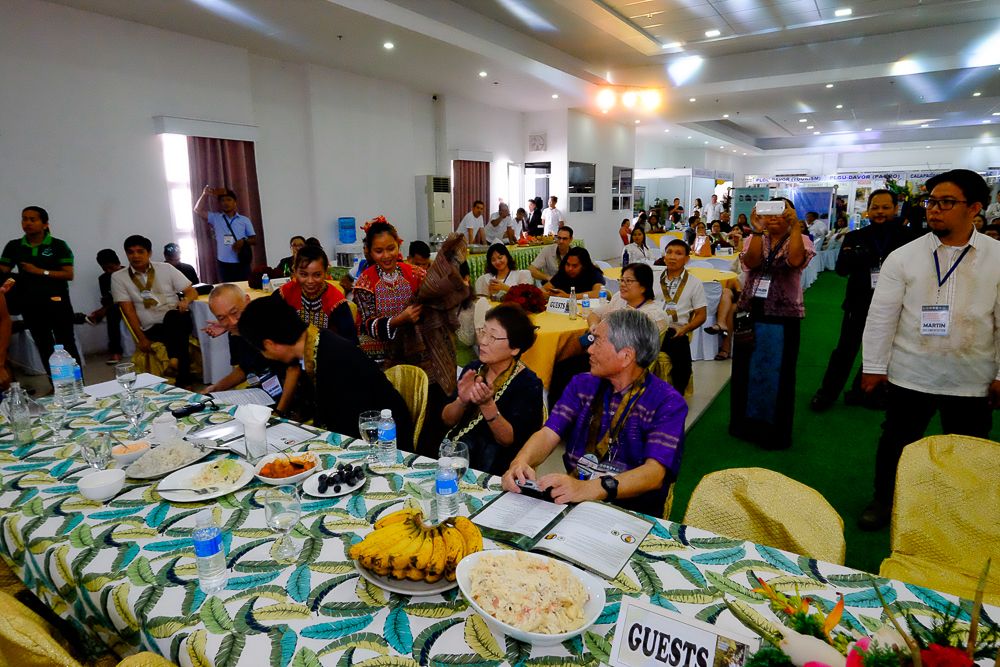
Biodiversity and Food Security
One of the four plenary speakers had explained the importance of biodiversity to people. “Humans depend on the biodiversity of flora and fauna for food. Food security faces significant challenges due to population growth, poverty, globalization, climate change and other factors. Supplying healthy food to all citizens is crucial for global development – to reach it, not only food production but also equitable access to food for all people must be improved substantially.”
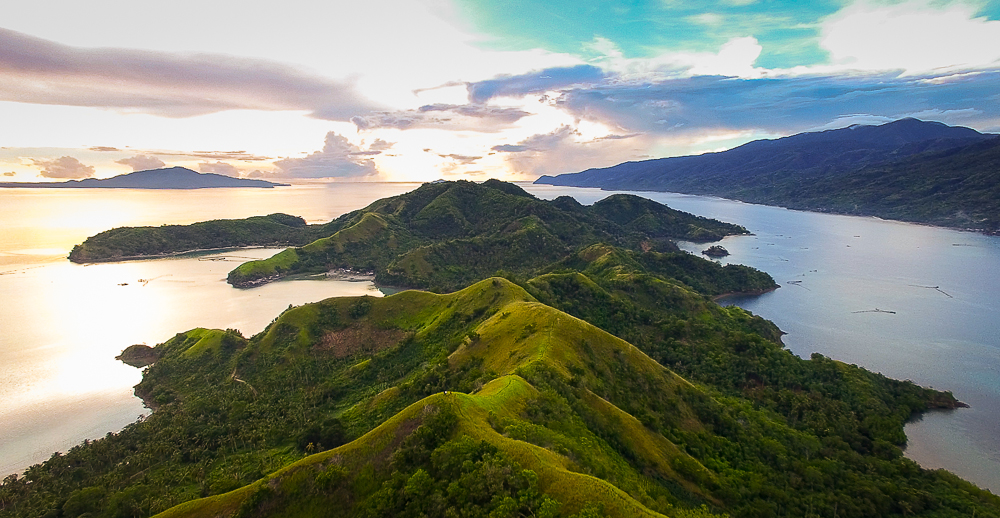
Biodiversity loss and global food security are, hence, two major challenges of our time. Linking these two areas from a research perspective, and seeking synergies between them is likely to generate multiple benefits for social, ecological and economic development. Living within our environmental limits is one of the central principles of sustainable development. Biodiversity sustainable management is concerned with developing processes that will lead to businesses becoming completely sustainable in the future.”
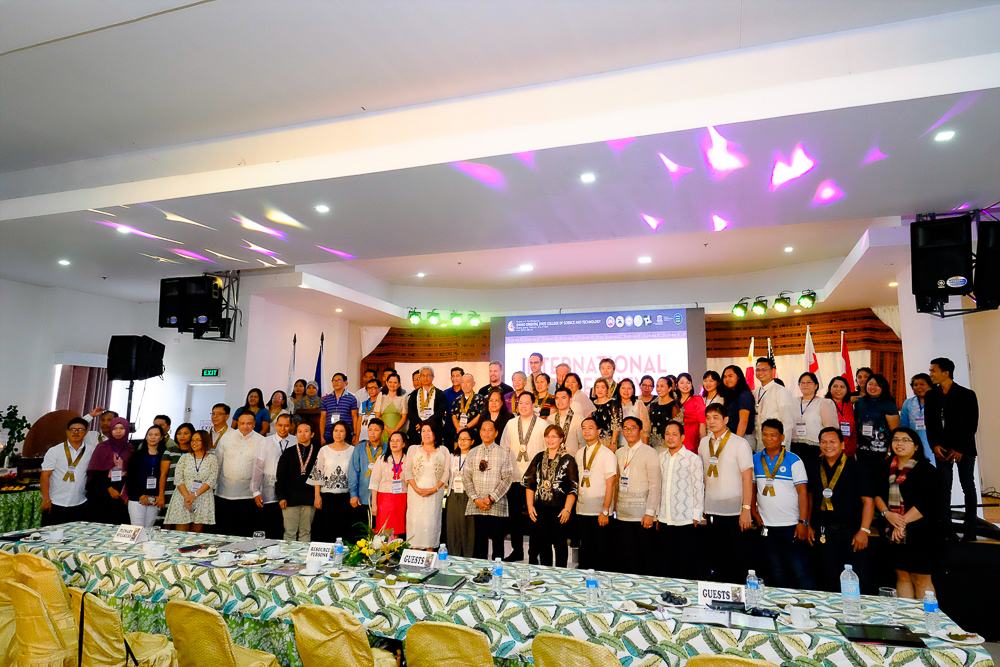
It is about making responsible decision that will reduce the negative impacts of resource-extracting business on the biodiversity and environment. Ecosystem functions drive the world’s life-sustaining machines. Ecosystems produce oxygen, purify and detoxify the air and water, store and cycle fresh water, regulate the climate, form topsoil, prevent erosion and flood damage, and produce raw materials, foods and medicines. Most of these ecosystem services cannot be replaced by human technology, at any cost. Given how little we know about how nature functions, preserving biodiversity through innovations is an important investment in our future, and a priceless gift to future generations.”
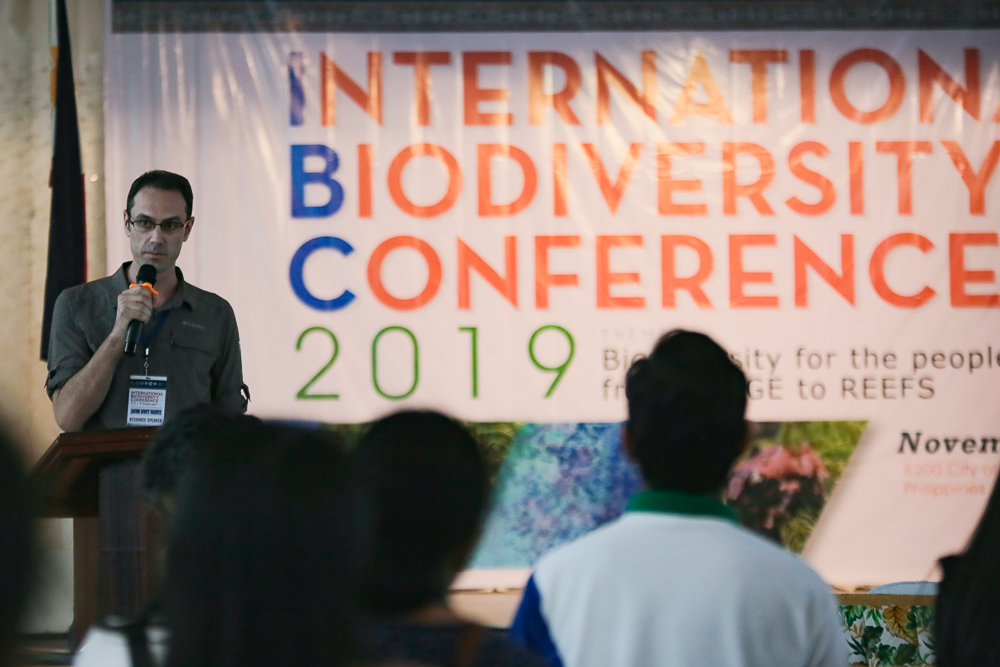
For her part, City of Mati Mayor Michelle Rabat says the “Planet Earth will live on beyond the human race, just as it did beyond the dinosaurs that once roamed the Earth. Thus, it is of utmost importance that we take care of the Earth now before we cross that Rubicon. On the part of the City of Mati and other local governments, we have declared several protected areas like the Guang-Guang Marine and Research Center, the 7,000-hectare Philippine Eagle Sanctuary, and of course, the Pujada Bay Protected Landscape and Seascape. The ultimate goal is to protect and nurture the environment so that it can be enjoyed by our future generations. Striking a balance between protecting the environment and allowing people to make a living using the natural resources around is somewhat like making a balancing act on a high wire, dangerous but doable.”
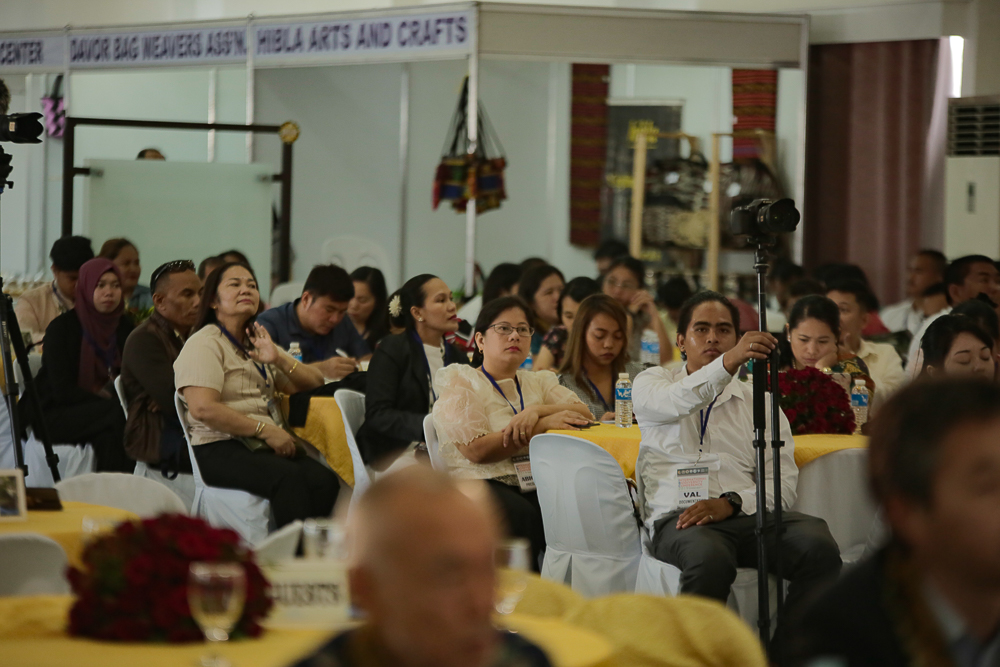
The Philippines is a signatory-party to the 1992 Convention on Biological Diversity with the objective to truly and committedly promote the conservation of biological diversity, the sustainable use of its components and the fair and equitable sharing of the benefits arising out of the utilization of genetic resources, including by appropriate access to genetic resources and by appropriate transfer of relevant technologies, taking into account all rights over those resources and to technologies, and by appropriate funding, says Commissioner Aldrin Darilag of the Commission on Higher Education.
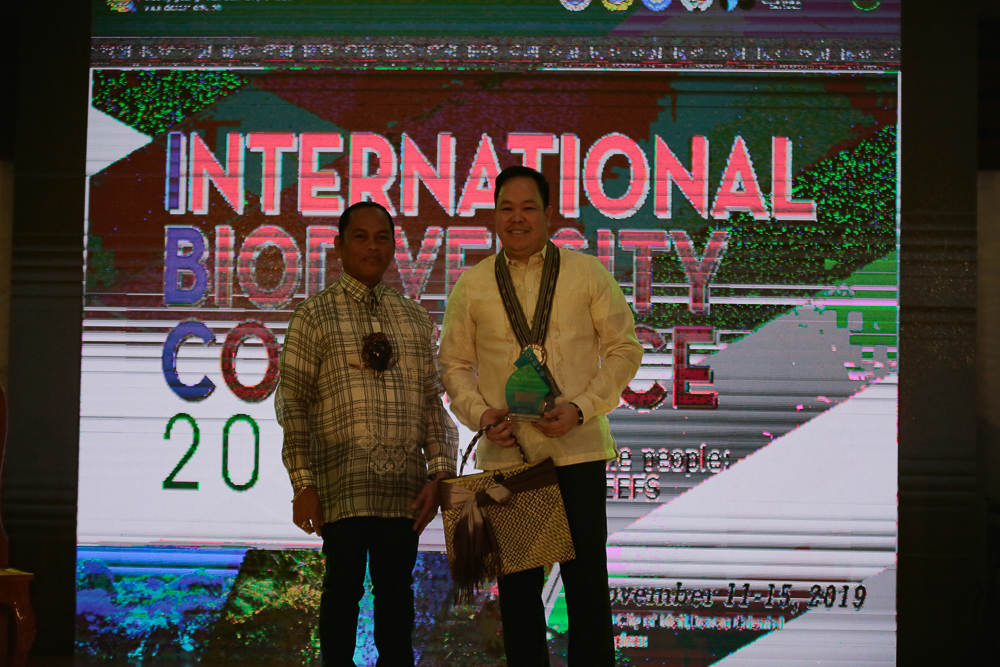
“As part of our compliance to the obligations stipulated in the multilateral treaty, the Philippine government published the 2015-2028 Philippine Biodiversity Strategy and Action Plan. The overall goal is the improvement of human well-being by addressing the five major areas affected by biodiversity loss, which are: habitat loss and degradation, over-exploitation, invasive alien species, climate change and pollution. Hence twenty targets have been formulated… to address these concerns. Some of these include that by 2028, the conservation status of threatened species in the country from the 2016 levels is maintained or improved. There is an annual increase of at least five percent on jobs related to biodiversity conservation such as ecotourism and sustainable agriculture. There is a ten percent annual increase of awareness from schools, media organizations, local government units, government offices and other relevant institutions on the importance, threats and benefits of protecting biodiversity. There is a five percent increase in the proportion of green spaces in cities, and there is at least ten nationally-recognized agricultural heritage systems,” says Commissioner Darilag. By Ferdinand Zuasola/Photos by Eden Jhan Licayan
